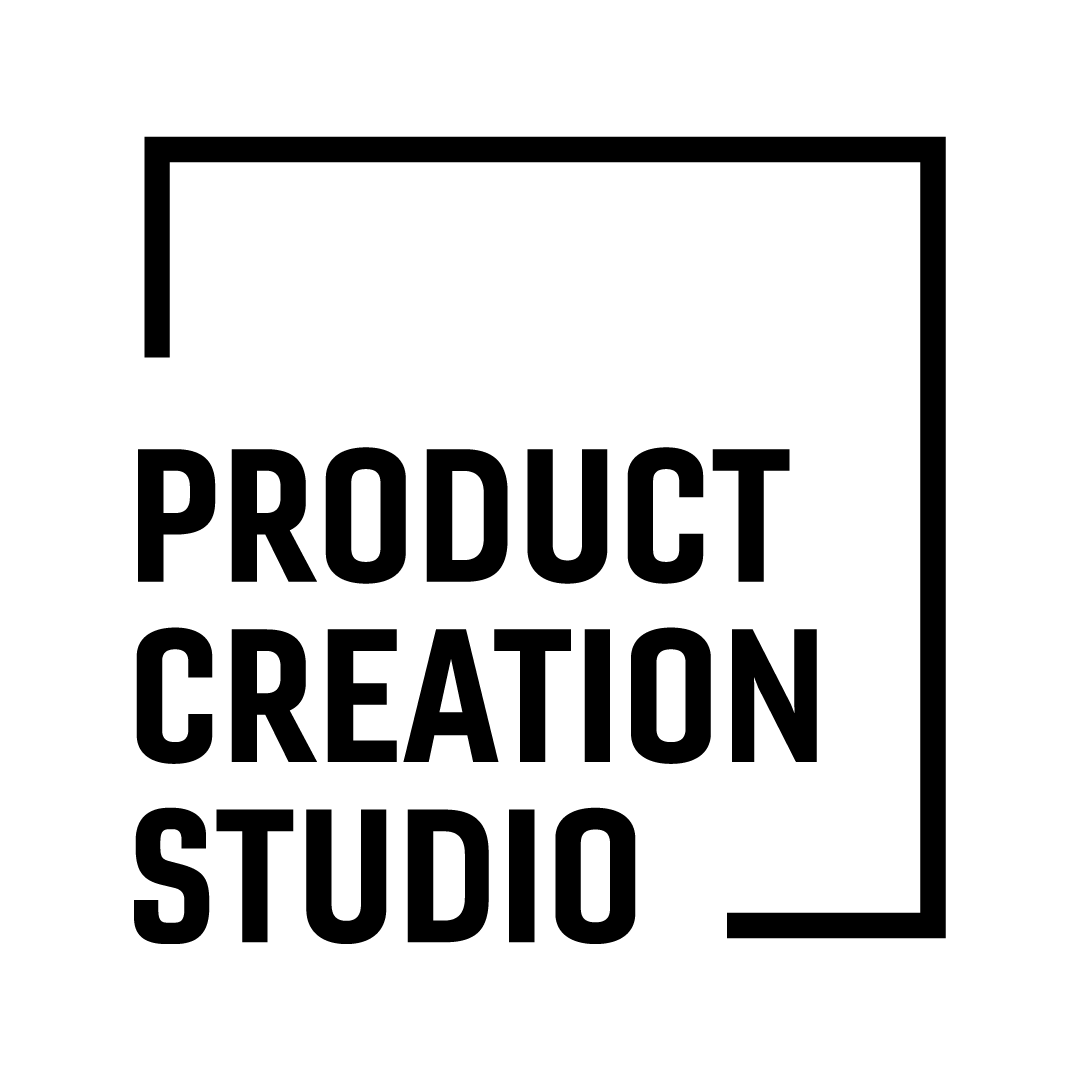Funding and Innovation in Academia Drive Life Science Success in the PNW
The intersection of academia and venture capital shapes the future of innovative products and technologies. Last month, student teams from the University of Washington and venture capital investors met for a biopartnering event hosted by UW’s Director of Corporate Relations, Rad Roberts. Rad tapped several contributors to support the recruitment of the investor/strategic participants. General Inception, a seed-stage venture capital group, and Product Creation Studio, a local product development services group, collaborated to invite life science tool experts to the table.
The event served as a catalyst for collaboration, providing a unique platform in which investors and strategic organizations received early access to top talent and emerging technologies. At the same time, entrepreneurial teams formed connections and gained insights from industry experts.
We caught up with Rad for a brief interview on the event. As the Director of Corporate Relations, Rad oversees strategic corporate partnerships and identifies opportunities for student groups to collaborate with the industry.
What are your thoughts on the “Emerging Life Science Tools and Dx Biopartnering event model?
The bio-partnering model is simple but effective: UW teams receive coaching and deliver lightning pitches on their innovations to industry and investor experts. Each UW team meets with every visiting company/investor in a series of private speed meetings. A hundred relationships and conversations can be started in a single event.
UW innovators get valuable commercialization perspectives from industry experts, and visiting companies and investors get an early look at top talent and technologies at UW.
Everybody wins.
What 2024 trends excite you most regarding life science venture capital investment?
There are some exciting life science tools and diagnostics innovations at UW that will allow us to monitor biomarkers in ways never been seen before – a molecular clock to measure protein age, fast and cheap nanosensors that can detect a wide range of biomolecules, and AI tools to get more information out of current imaging and other detection systems.
We are excited to see how these innovations mature and are used by creative scientists and clinicians to improve human health.
Before investing in an early-stage life science tools/Dx company, what factors do you consider?
Cool technology isn’t valuable unless it solves an important problem. The teams that succeed work hard to gain a deep understanding of the problem they are working to address.
Charting the Future
Bio-partnering events like this serve as a blueprint for driving advancements beyond universities' borders and investment.
As the University of Washington continues to foster partnerships with venture capital, the future of life science innovation in the PNW looks promising.

